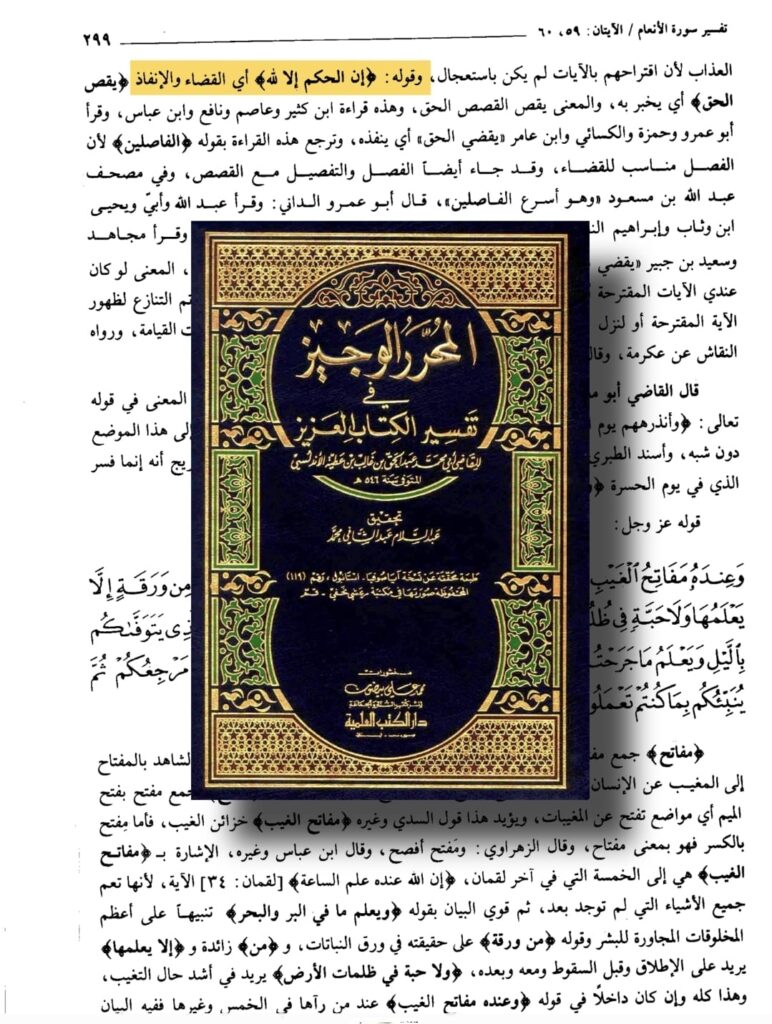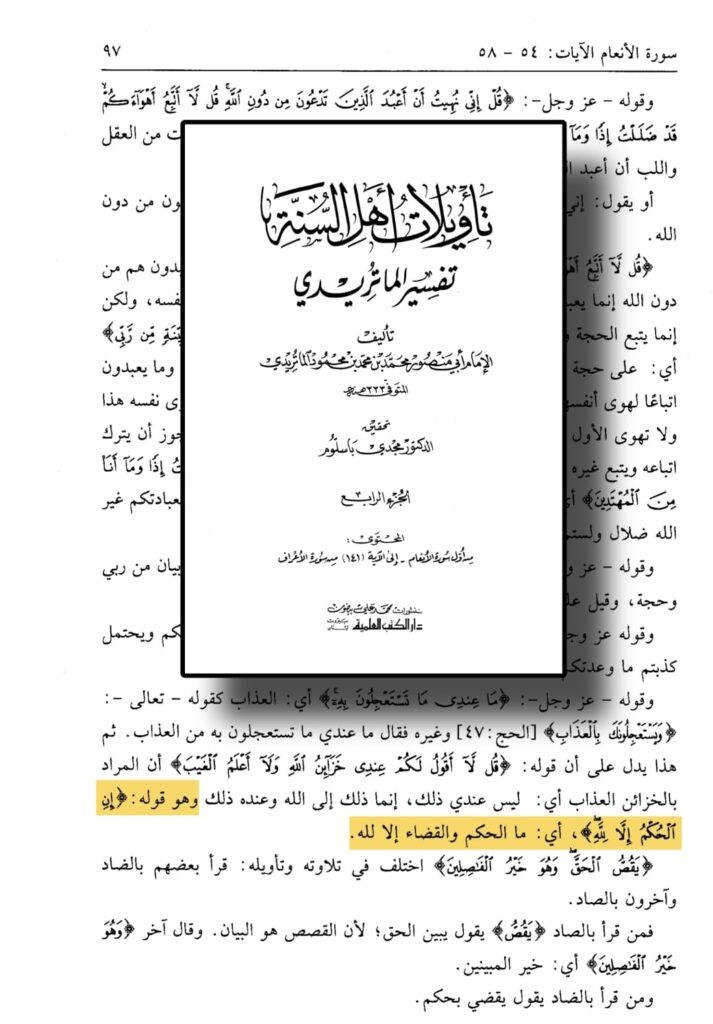Caliphate/Governance Can a divinely designated position be usurped?
Nov 22, 2025 | Concise
Can a divinely designated position be usurped?
This is our concise response to s very typical question posed by our opponents
If governance is a part of the Caliphate, Imamate, and Wilayah, and Allah (swt) alone appoints the Caliph or Imam, then how is it possible for individuals to usurp it? And if it is possible for individuals to usurp it, then was its conferral not also from the people? In that case, what does “from Allah” truly mean?
In simpler terms, the questioner is asking: If Caliphate, Imamate, and Wilayah are directly connected to Allah (swt), and only He appoints the Caliph or Imam, then how can it be usurped by people? And if it can be usurped by people, does that not imply that its conferral also came from them? Then what meaning remains for “من جانب الله” (from Allah)?
Answer:-
The reality is that two distinct concepts are being conflated here: one is the Takwīnī (ontological) command, and the other is the Tashrīʿī (legislative) command.
Takwīnī Will of Allah (swt)
When Allah (swt) makes a Takwīnī will concerning something, that thing becomes embedded in its nature and creation, and it cannot be separated from it. For example, man being a “rational animal” is an essential attribute found in every human. This is a Takwīnī will of Allah (swt) that man should be composed of these components.
Tashrīʿī Will of Allah (swt)
In contrast, the Tashrīʿī will is that man recognizes Allah (swt), believes in His Messenger (صلى الله عليه وآله وسلم), holds belief in the Day of Judgment, and follows divine law. This is what Allah (swt) wants, yet He has given man free will and placed him in a trial. Therefore, it is possible for someone to deliberately abandon divine guidance and follow their desires.
Similarly, one of Allah’s (swt) Tashrīʿī wills is that religion should not be a hardship, but rather based on ease and facilitation. Allah (swt) wants ease for His servants. Yet it is possible that, due to circumstances or by adopting certain behaviors, a person may go against this divine will. For example, those who remain immersed in worldly desires throughout life, or those Muslims who become so obsessed with issues of purity and impurity that they are overwhelmed by doubts, spending hours washing their feet and still not attaining peace of mind, are actually contradicting the divine will that intended religion to be free from hardship. In such cases, religion becomes a burden rather than a relief.
Appointment of the Divine Proof
When Allah (swt) appoints someone as His proof (Hujjah), He grants that individual three intrinsic attributes which are essential to the office and have a Takwīnī nature, meaning they are inseparable from his station.
The three Takwīnī attributes of the Hujjah of Allah (swt) are:
-
Ismah – Infallibility; being protected from sin and error.
-
Nass – Explicit designation by Allah (swt) to this position.
-
Wujub al-Taah – Absolute obligation of obedience under all circumstances.
Governance and Human Cooperation
As for governance, Allah’s (swt) will in this regard is Tashrīʿī, meaning He wants His Hujjahs to assume authority in order to establish justice and equity on earth. This governance, however, is not imposed through compulsion or force. It operates under a divine system that respects human freedom and responsibility.
For the Hujjah to attain governance over a nation, two conditions must be fulfilled:
Readiness of the Divine Proof – The infallible individual, by Allah’s (swt) command, is always fully devoted to the mission of reforming society and establishing justice. There is no question of negligence on their part; they are ever-ready and active in this mission.
Practical Cooperation of the People – The people must acknowledge his authority, have faith in him, and practically strive to bring him into power. Historically, it is at this stage where failure often occurs. People may not provide the necessary support or cooperation required for the governance of the infallible. This is why most of the Imams (عليهم السلام) were denied the opportunity to govern.
Analogy for Understanding
Consider a person who is extremely intelligent and has completed a PhD. Based on this achievement, he is rightly called “Doctor.” This title is a natural and automatic result of his academic accomplishment. No one can take this right away from him.
However, if society does not benefit from his knowledge, ignores him, suppresses his expertise, or mocks him, then although his rightful benefit to society has not been realized, he is still a doctor in reality. He holds that title by merit.
In the same way, the Hujjah of Allah (swt) is divinely appointed (mansus), infallible (ma’sum), and must be obeyed (wajib al-taah). Whether people accept or reject him, he remains the Hujjah.
His right to governance, which Allah (swt) has bestowed upon him, is often not realized due to obstacles such as lack of public support or unfavorable circumstances. Failure to practically realize that right does not negate his Imamate or his status as Hujjah. He remains, in reality, the Imam, infallible, divinely designated, and obligatory to obey, regardless of whether people bring him to power or not.
Qur’anic References
The Qur’an states:
إِنِ الْحُكْمُ إِلَّا لِلَّهِ
Judgment belongs only to Allah (swt). 6:57
Allamah Ibn Aṭiyyah al-Andalusi, in his tafsir, states:
“Regarding judgment and enforcement, no one has any authority except Allah (swt).” Al-Muharrar al-Wajiz, vol. 2, p. 299

Allamah Abu Mansur al-Maturidi states:
“In judgment and adjudication, no one has authority except Allah (swt).” Ta’wilat Ahl al-Sunnah, vol. 4, p. 97

From these statements of tafsir, it becomes absolutely clear that Qada (judgment, judicial authority, and legal decisions) is a purely divine right. The authority to enforce the Shari’ah belongs solely to Allah (swt), and only His laws must be implemented.
Practical Implications
Even if people reject Allah’s (swt) rulings and implement man-made laws, this does not diminish His divinity. The right of judgment is not part of divine creation (takwīn) but a matter of divine legislation (tashrīʿ).
Similarly, just as judgment belongs to Allah (swt), governance belongs to the Imam. Usurping Allah’s (swt) judicial authority is a denial of His legislative right, not His divinity. Likewise, denying governance to the rightful Imam is a denial of his tashrīʿī right, not of his Imamate.
The Imam remains, in reality, the Imam, because his Imamate is divinely granted and not dependent on the opinion or allegiance of the people.
Shiapen Team.


